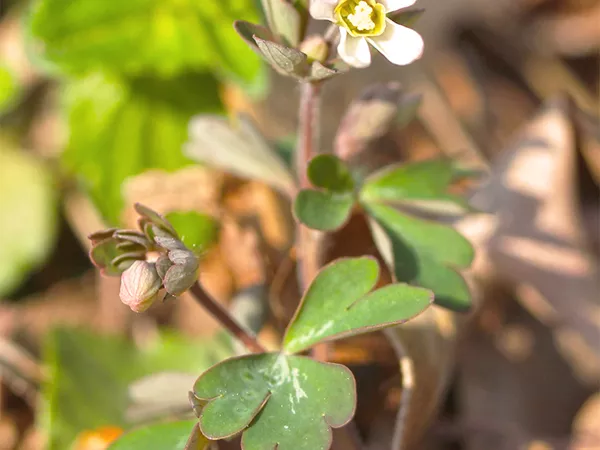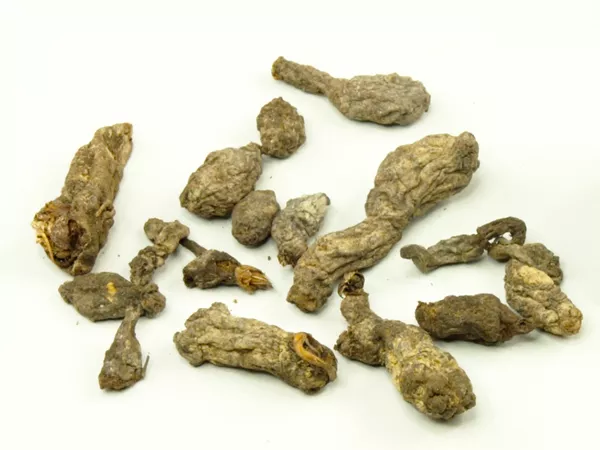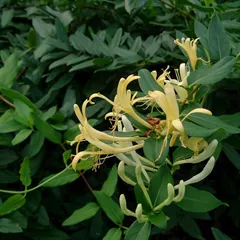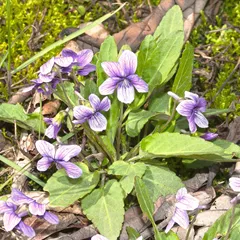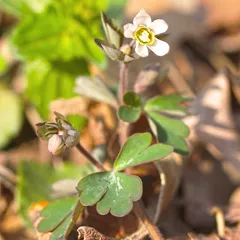Use of Tian Kui Zi (semiaquilegia root tubers) in TCM
Please note that you should never self-prescribe TCM ingredients. A TCM ingredient is almost never eaten on its own but as part of a formula containing several ingredients that act together. Please consult a professional TCM practitioner, they will be best able to guide you.
Preparation: Excavate, wash, dry and remove fibrous roots
Dosage: 9 - l5 grams
Main actions according to TCM*: Clears Heat, resolves toxicity, reduces swelling and disperses Stagnation
Primary conditions or symptoms for which Tian Kui Zi may be prescribed by TCM doctors*: Carbuncles Boils Sores Scrofula Snake bites Abcesses Swellings
Contraindications*: Contraindicated for those with Spleen Deficiency or loose stools.
Common TCM formulas in which Tian Kui Zi is used*
Wu Wei Xiao Du Yin
Source date: 1742 AD
Number of ingredients: 5 herbs
Formula key actions: Clears Heat. Resolves Toxicity. Cools the Blood. Reduces swelling.
Conditions targeted*: Multiple furunclesCarbuncles and others
Tian Kui Zi is a deputy ingredient in Wu Wei Xiao Du Yin. This means it helps the king ingredient(s) treat the main pattern or it serves to treat a coexisting pattern.
In Wu Wei Xiao Du Yin, Tian Kui Zi resolves Toxicity, cools the Blood, reduces swellings and disperses clumps.
Key TCM concepts behind Tian Kui Zi's properties
In Traditional Chinese Medicine (TCM), Tian Kui Zi belongs to the 'Herbs that clear Heat and relieve Toxicity' category. Herbs in this category are used to clear inflammatory and infectious conditions, referred to as 'Internal Heat' in TCM. This is why most of the herbs in this category will have both antibacterial and antiviral properties. In TCM one has too much 'Internal Heat' in their body as a result of a deficiency of 'Yin' (which is Cold in nature, see our explanation on Yin and Yang) or, more commonly, an Excess of Yang (Hot in nature). Herbs that clear Heat and relieve Toxicity treat the latter while, at the same time, removing infectious toxins from the body. As such they tend to be Cold or Neutral in nature.
As suggested by its category Tian Kui Zi is Cold in nature. This means that Tian Kui Zi typically helps people who have too much 'Heat' in their body. Balance between Yin and Yang is a key health concept in TCM. Those who have too much Heat in their body are said to either have a Yang Excess (because Yang is Hot in nature) or a Yin deficiency (Yin is Cold in Nature). Depending on your condition Tian Kui Zi can help restore a harmonious balance between Yin and Yang.
Tian Kui Zi also tastes Bitter and Sweet. The so-called 'Five Phases' theory in Chinese Medicine states that the taste of TCM ingredients is a key determinant of their action in the body. Bitter ingredients like Tian Kui Zi tends to have a cleansing action on the body by clearing Heat, drying Dampness and promoting elimination via urination or bowel movements. On the other hand Sweet ingredients tend to slow down acute reactions and detoxify the body. They also have a tonic effect because they replenish Qi and Blood.
The tastes of ingredients in TCM also determine what Organs and Meridians they target. As such Tian Kui Zi is thought to target the Kidney and the Liver. According to TCM, the Kidneys do not only regulate the urinary system but also play a key role in the reproductive system and the growth and aging process of the body. The Liver on the other hand is often referred as the body's "general" because it is in charge of regulating the movements of Qi and the Body Fluids. It also takes a leading role in balancing our emotions.

